
Literature is universal, and as such each culture and writer in the world has succumbed to their own perspective that resulted in the birth of a great work. The magical realism of Latin America, Japanese hermeticism or French nihilism are just some of the prisms that make up this around the world in 10 writers.
Haruki Murakami
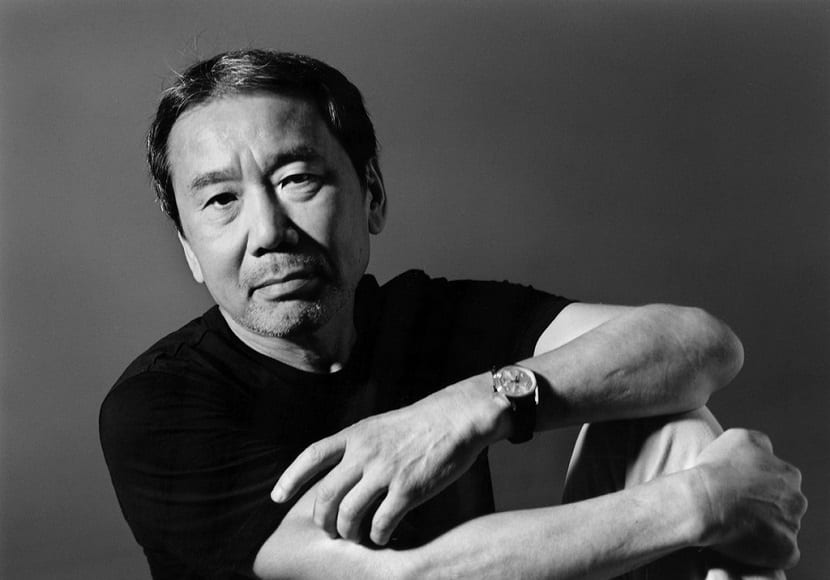
As a child, Murakami was seen attracted to western cultureThe presence of jazz that he listened to in his adolescence, the international stages that he combined with his native Japan or a greater warmth permeating his works are recurring in his novels. After the success of his novel Tokyo blues, Murakami moved to Europe to continue giving life to a bibliography made up of titles such as Kafka on the shore o 1Q84 confirming their condition as the most influential Japanese writer in the world and also, eternal candidate for a Nobel Prize that always resists him.
Salman Rushdie

The exuberant indian literature It has known many forms: from the epic epic of Ramayana to the poems of Tagore, passing through a generation of writers who have managed to transfer the magic of the country of curry to the problems of the world. One of these authors is undoubtedly Salman Rushdie, who has known how to weave a trajectory between Europe and Asia where magical realism and criticism have always coexisted within his books. A criticism that, in the case of Satanic verses, one of his greatest works, was the condemnation of being persecuted by Iranian fanatics who did not like Rushdie's vision of their spiritual leader in the 80s, the reward demanded by his head still remains in force.
Fyodor Dostoevsky
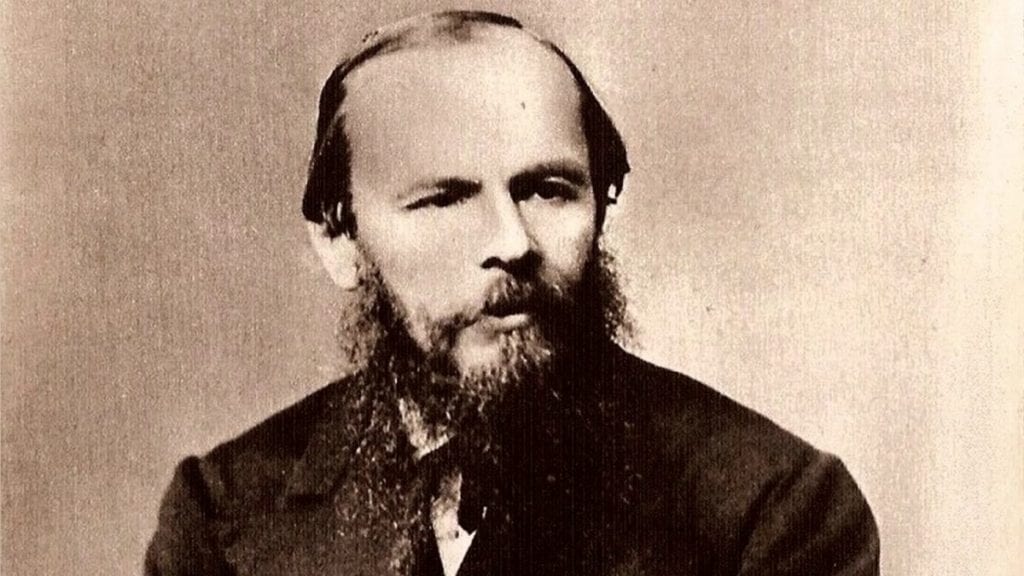
Adored by Friedrich Nietzsche, who at the time came to say of him that it was "one of the happiest accidents of his life", Dostoevsky was one of the most prominent writers of Tsarist Russia, a space that he analyzed through his works from the political or political context. Social. Although he studied to be an engineer, his fascination for literature would come after graduating, resulting in a bibliography of which his most popular work stands out, Crime and Punishment, an ode to poverty and the desire for success in a Russian giant that even today remains one of the most unequal countries in the world.
Charles Dickens
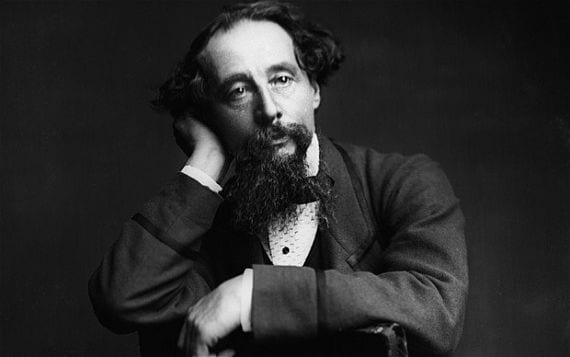
In Victorian England, Dickens became one of the most universal writers of literature. An author whose first works began by being published in installments in different magazines, which resulted in great expectation on the part of readers who did not have enough money to buy books. The starting gun was given by The Posthumous Papers of the Pickwick Club in 1837, followed by other already iconic works such as Oliver Twist o David Copperfield, which have been adapted to film and theater on several occasions.
Albert Camus
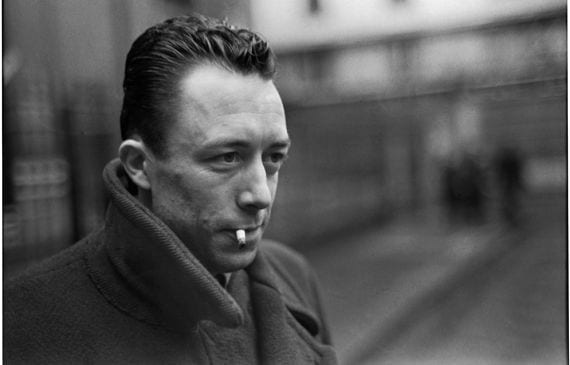
Born into a family of French settlers living in Algeria, Albert Camus, godfather of an existentialism to which criticism linked him throughout his life, knew like no other patriot to narrate the problems of the twentieth century through stories like Abroad o Plague. Novels in which Camus makes constant references to the ignorance of the human being about himself and the world that surrounds him, tracing a feeling of isolation linked to a time of constant change and evolution. A work that the writer saw rewarded with the Nobel Prize that was awarded to him in 1957.
Miguel Delibes placeholder image
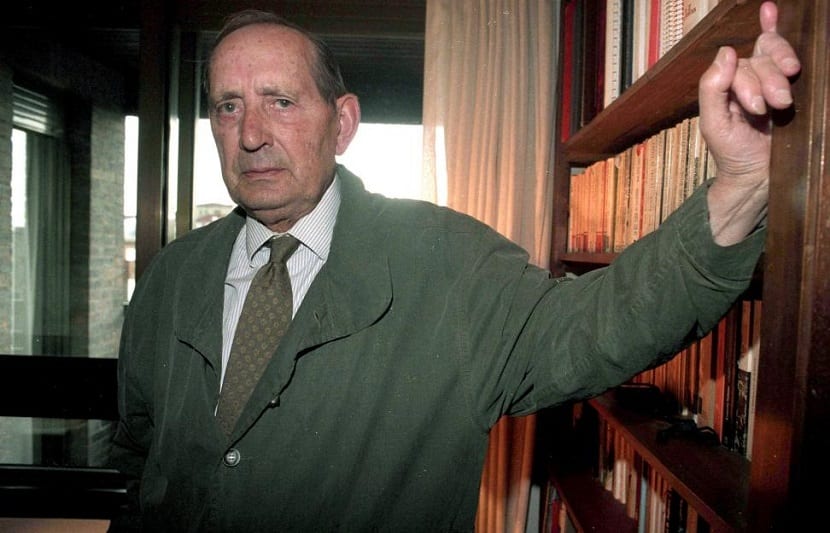
Member of the Real Academia Españaola Until his death in 2010, Miguel Delibes was one of the great writers of postwar Spain, leaving evidence of a society in constant transformation. An evolution that takes shape in novels like The shade of the cypress is elongated (Nadal prize in 1947) or Five hours with Mario, a monologue by a woman at the bedside of her recently deceased husband that becomes a declaration of intent about the reality of a time. Without a doubt, one of the great writers of our country.
Chimamanda Ngozi Adichie
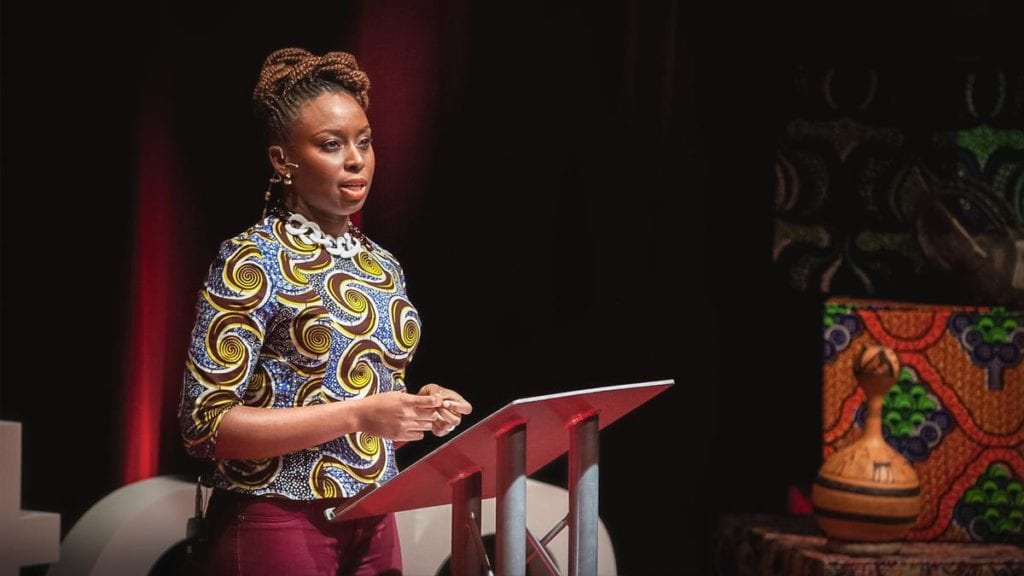
Photography: TedTalk
Although the world of literature did not understand women writers until not so long ago, in Africa the situation was much worse. In a continent where expressing the meaning of a culture was banned by foreign powers for centuries, Chimamanda Ngozi Adichie emerges with the voice the world needs thanks to her hard work to speak out about the African diaspora, and more specifically from his native Nigeria, through stories of women and immigrants exciting. Americanah, The purple flower or the collection of stories Something around your neck these are just some of the examples of the influence that Adichie has exercised in the world in recent years.
Gabriel García Márquez
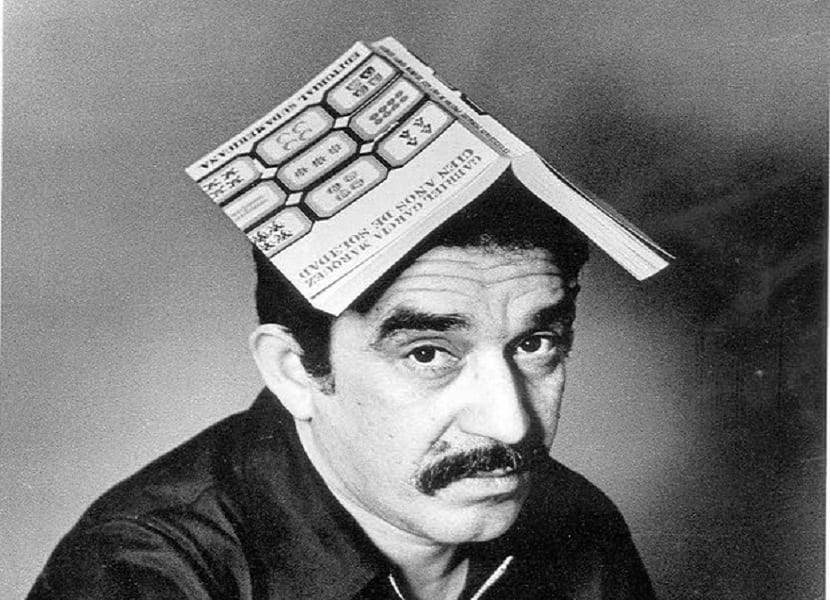
In 1967, the draft of a novel called One Hundred Years of Solitude arrived from Mexico to Argentina without its author being able to foresee the impact of the book after its publication. X-ray of a Latin American continent that Gabo captured through that Colombian town of Macondo and the Buendía saga. One Hundred Years of Solitude not only became the banner of the one known as «Latin American boom«, But would confirm the status of García Márquez as one of the most influential writers of his time.
Julio Cortazar
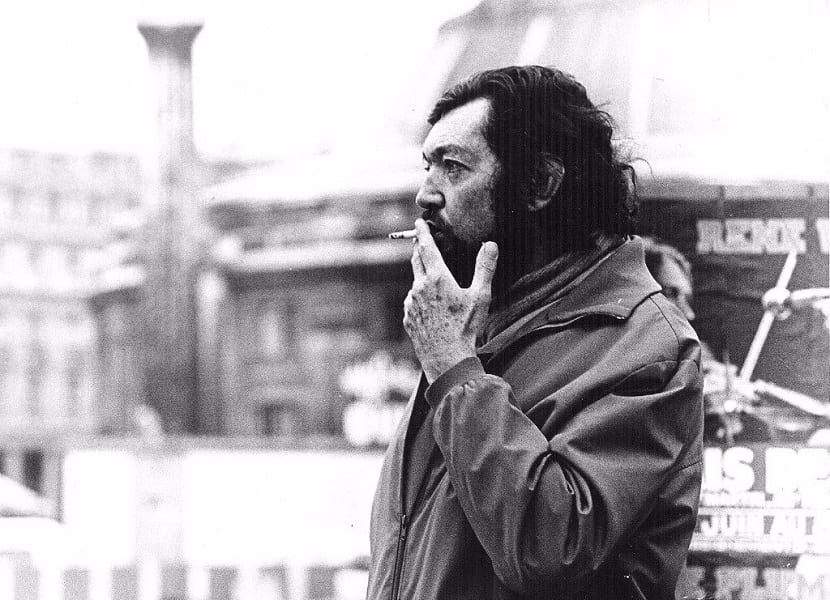
Link between the literary vanguards of Latin America and Europe, the Argentine Cortázar became that less affable face of the Latin American boom. An author without mincing words who knew how to reinvent himself like few others by giving the world that work called Rayuela that would change the world of literature forever.
Harper Lee
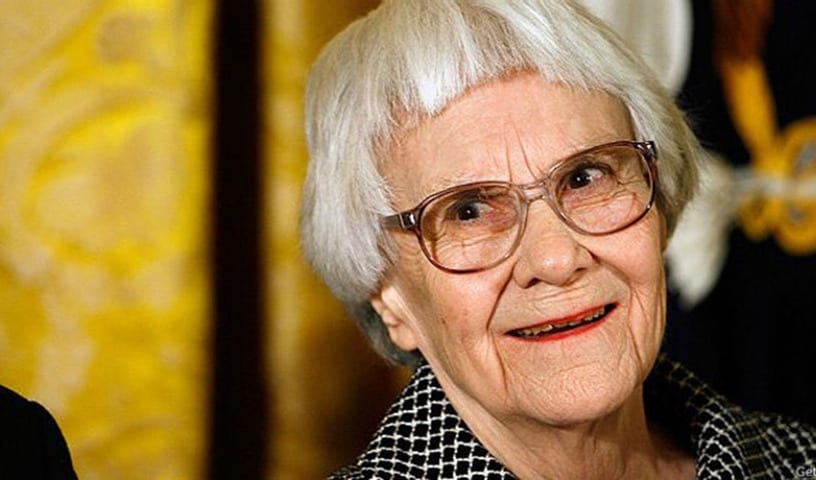
Few books are as powerful as Kill a Mockingbird, a novel by the writer Harper Lee that after its publication in 1960 was a dart of morality for an American country where machismo or racism were still more than latent. An author who knew how to define the essence of a Yankee nation through her own experience and characters that represented the social archetypes necessary in an unequal world. Deceased in 2016, the author bequeathed the first draft of her most famous book, Go and post a sentry, confirming the greatness of all his work.